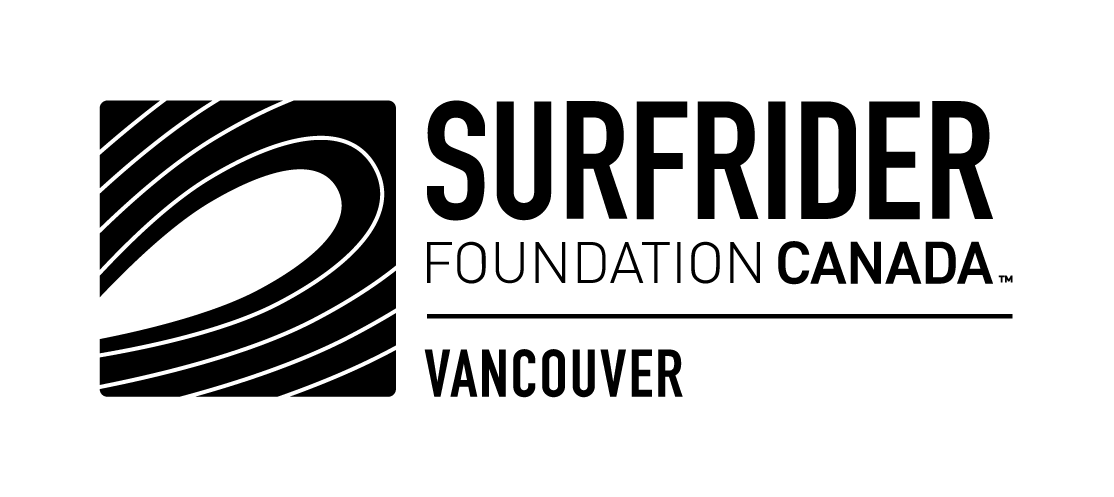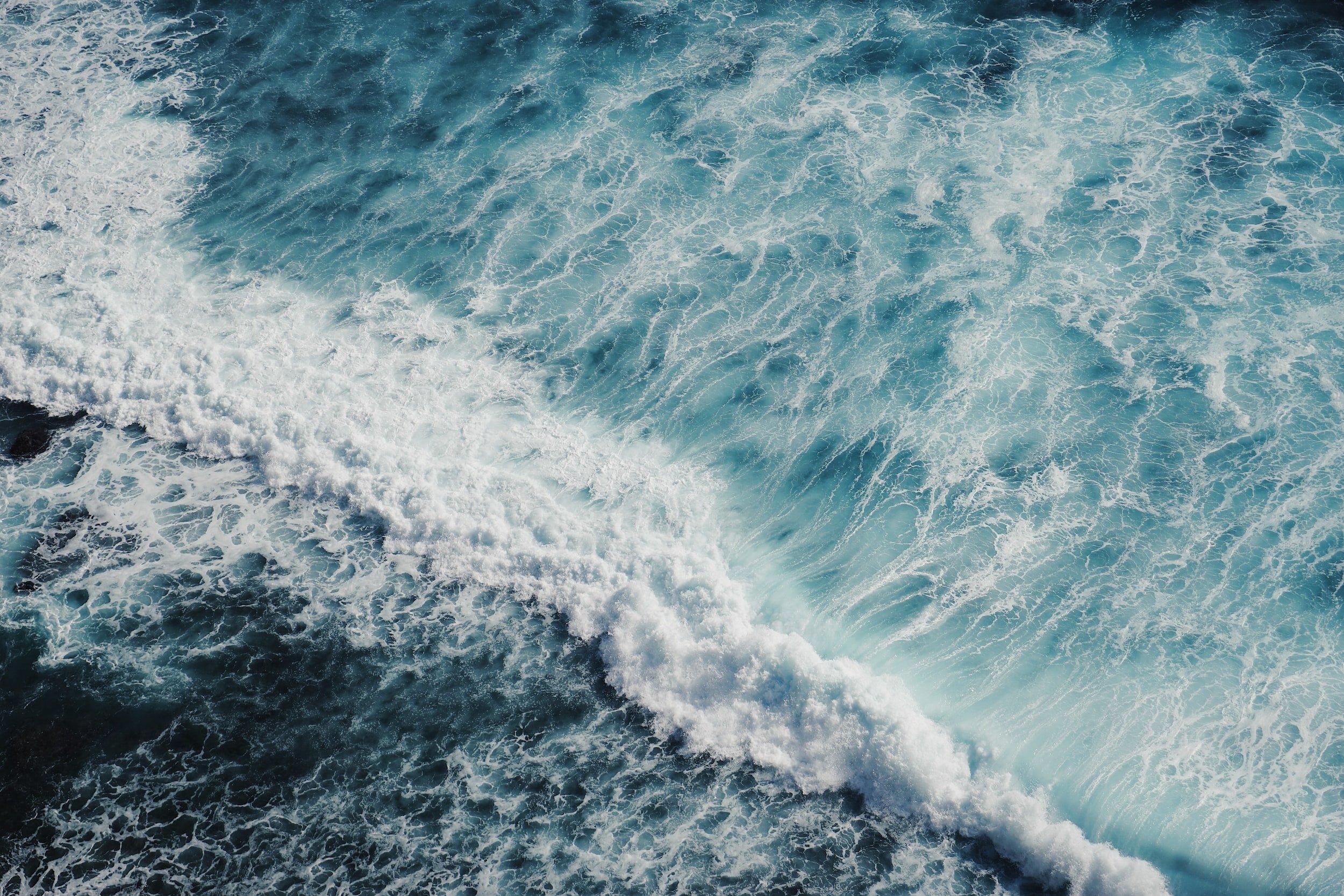
How to Enjoy the Ocean More Sustainably
In Vancouver, we’re lucky to never be far from the ocean. We have kayaking, canoeing, stand-up paddle boarding, and even surfing, all at our fingertips. There are plenty of ways to enjoy the water in British Columbia, but it’s all too easy to not realize the impact that these activities have on the ocean itself.
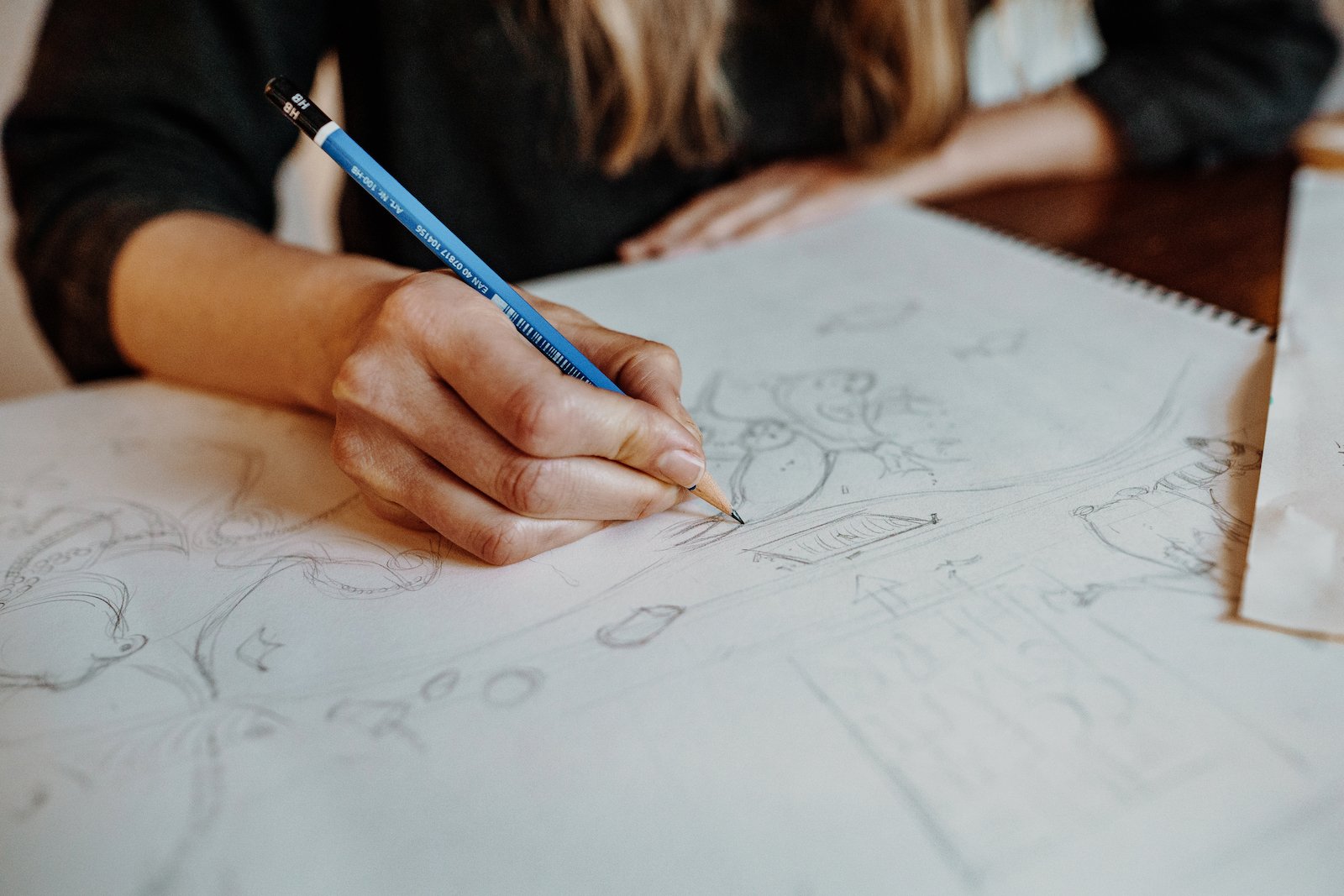
The Ocean Starts Here: A Spotlight on Local Artist Sarah Hammond
This month, Surfrider Foundation Vancouver joins the global movement of Plastic Free July by highlighting the increase in plastic pollution that has hit the Lower Mainland alongside the COVID-19 pandemic. While British Columbia has emerged from this pandemic as a leader in the containment of transmissions, we join the rest of the world when it comes to carelessly discarding single-use PPE such as gloves and face masks. Globally, scientists recently estimated that 129 billion face masks and 65 billion gloves have been used around the world every month.
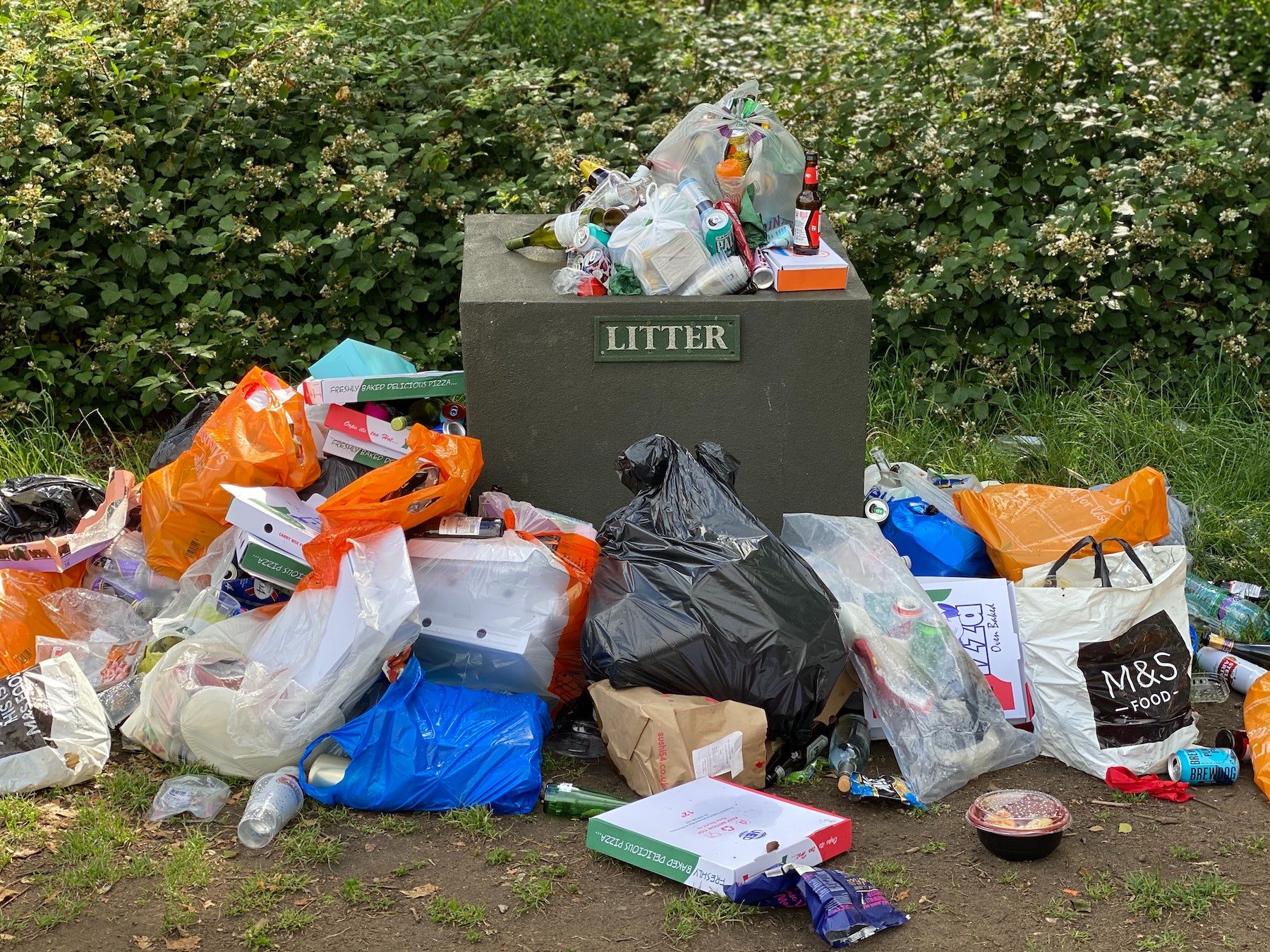
COVID-19 and the single-use plastic boom: Who’s truly benefitting?
For just a moment, the world was changing course. In the past few years, nations worldwide incited single-use plastic item bans: Canada vowed to phase out harmful single-use plastics by 2021…
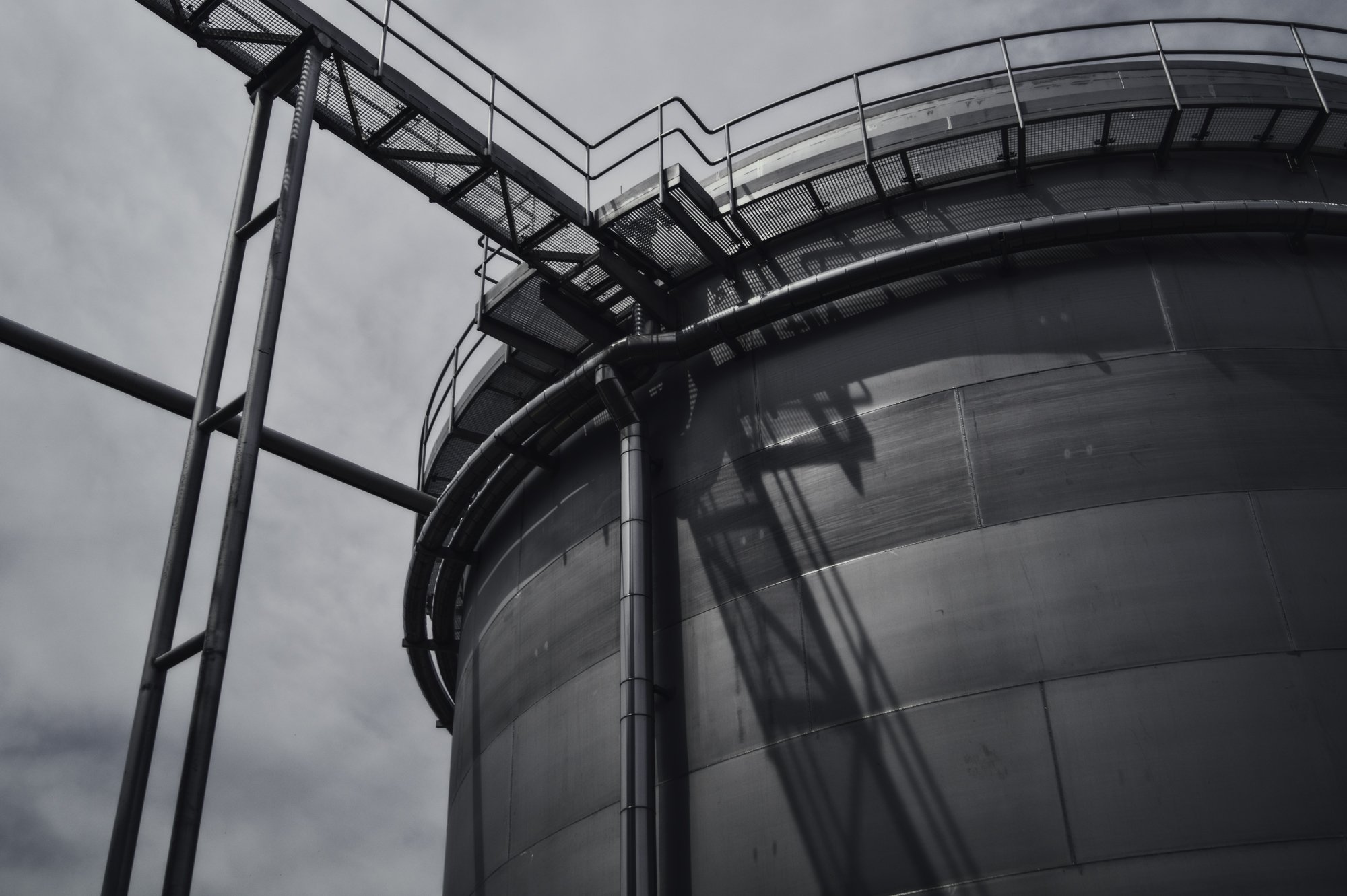
Do You Know Where Vancouver’s Wastewater Is Going?
In the Metro Vancouver area, everything that’s flushed down our kitchen sinks, toilets and drains goes to one of five wastewater treatment plants. Four of these plants treat wastewater to a good level – to secondary treatment level – all but one. The Iona Wastewater Treatment Plant in Richmond uses the most basic and oldest sewage treatment technology, primary treatment, and discharges under-treated wastewater into the Georgia Strait, at the mouth of the ecologically-sensitive Fraser River.
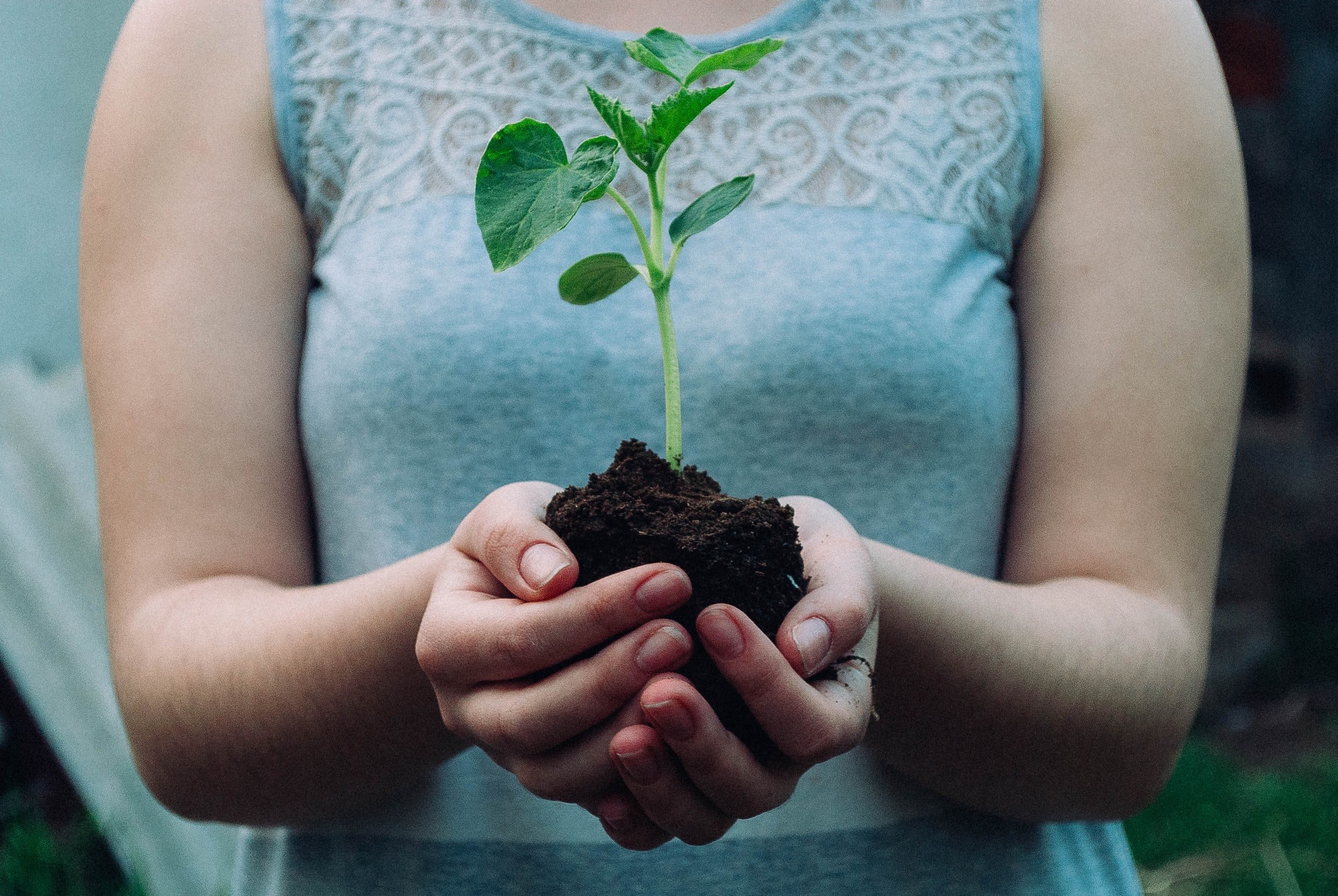
How To Celebrate Earth Day’s 50th Anniversary On Lockdown
Fifty years ago on April 22, 1970, 20 million Americans mobilized streets, parks and auditoriums protesting against the deterioration of the natural environment. It was the first official Earth Day, and has since become an annual global campaign for the planet.
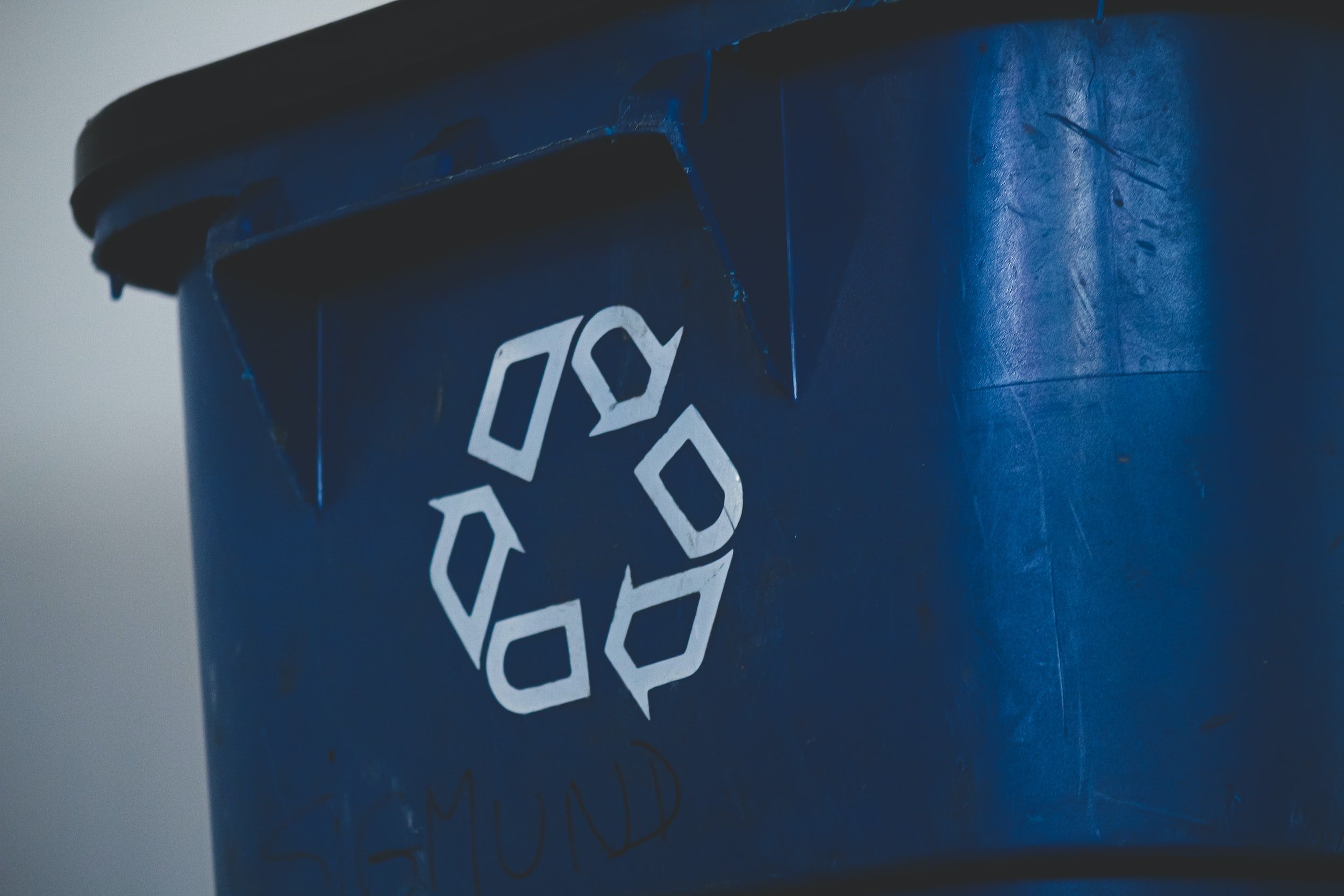
Is Recycling Feeding The Throw Away Mindset?
Recycling rates are the highest they’ve ever been. It’s become the most popular green habit above all others, embedded into the psyche of most working households. Why? Well, unlike the options of flying less or cutting our meat consumption to save the planet, recycling doesn’t require any significant behavioural changes to our 21st century way of living.
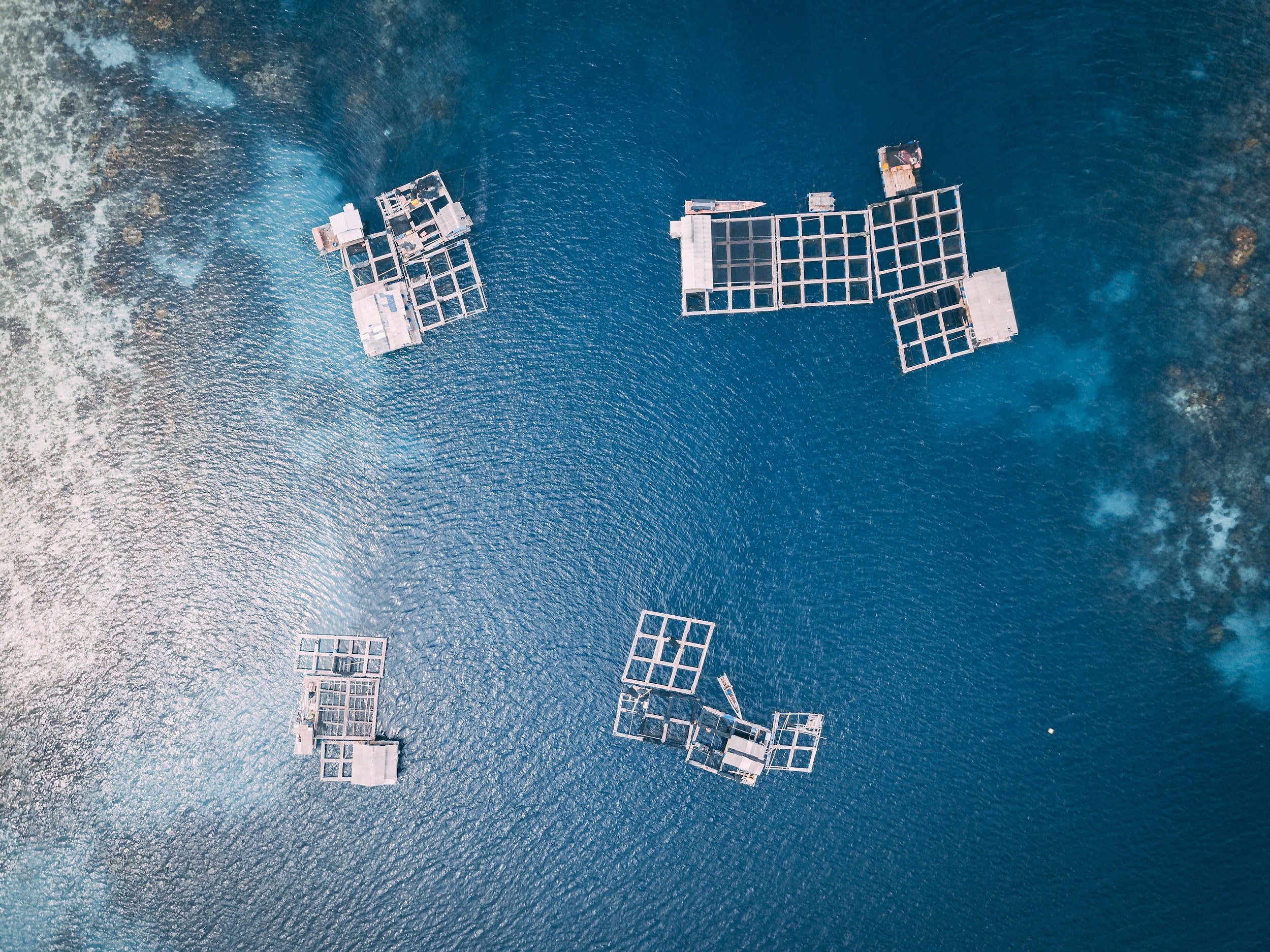
Fish Farms and the Decline of Pacific Wild Salmon
The Pacific Northwest is home to one of the world’s last greatest treasures: wild salmon. But for the 2019 salmon run, only 628,000 sockeye salmon are expected to return to the Fraser River in Vancouver. Original estimates were set at nearly five million.

DIY and Plastic-Free Swaps Workshop
Surfrider Foundation Vancouver gathered the city’s experts in wellness and plastic-free alternatives for an educational evening, to demonstrate just how easy it is to swap out plastic products in some of our self-care and household routines.
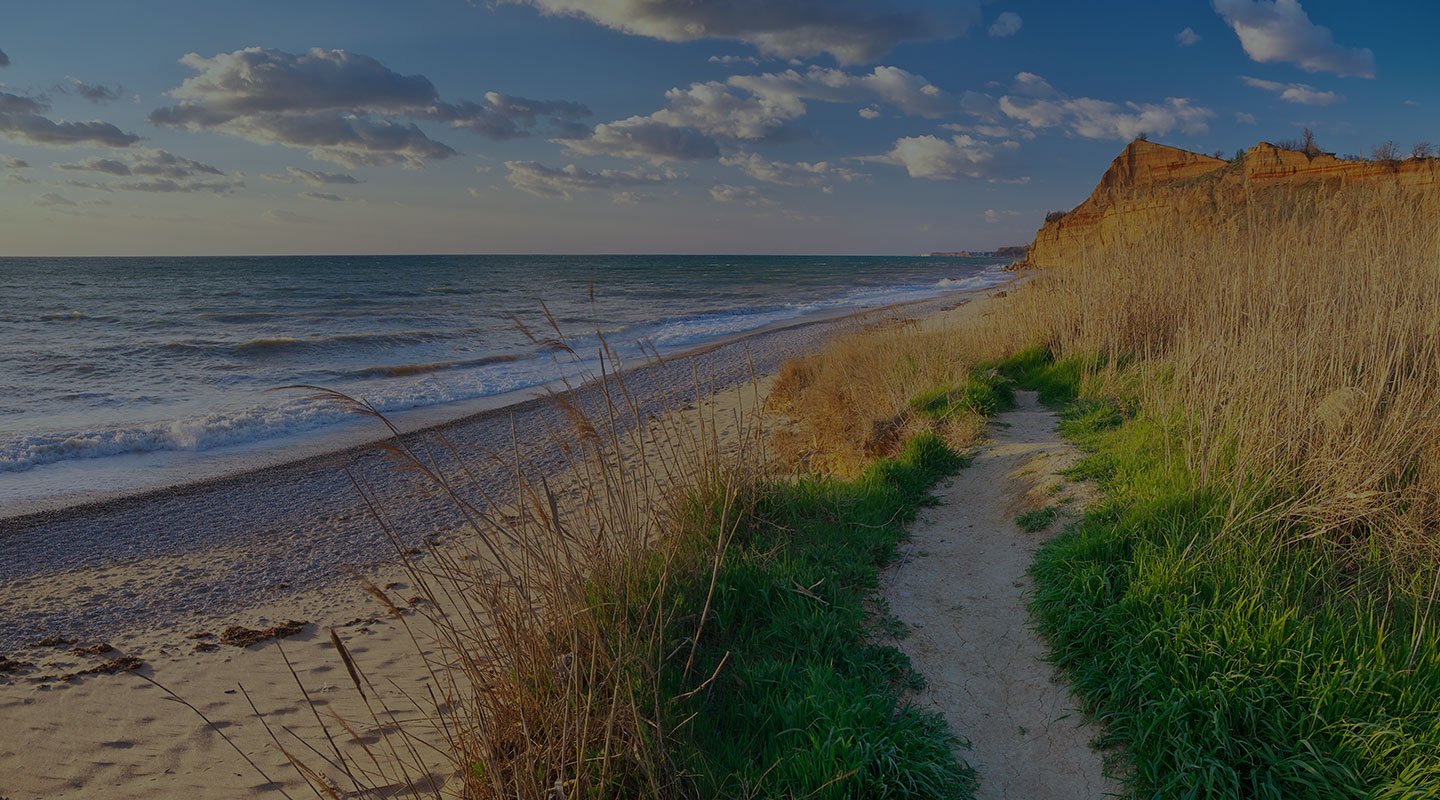
Surfrider’s Art Auction Fundraiser
Surfrider Foundation Vancouver is excited to share that we’ll be hosting a virtual art auction fundraiser from April 22nd to 30th. Engaging our powerful and passionate community with initiatives that help protect the oceans is one of our main goals here at Surfrider. And with our in-person beach cleanups and events on hold, we’re excited to bring together our community virtually.
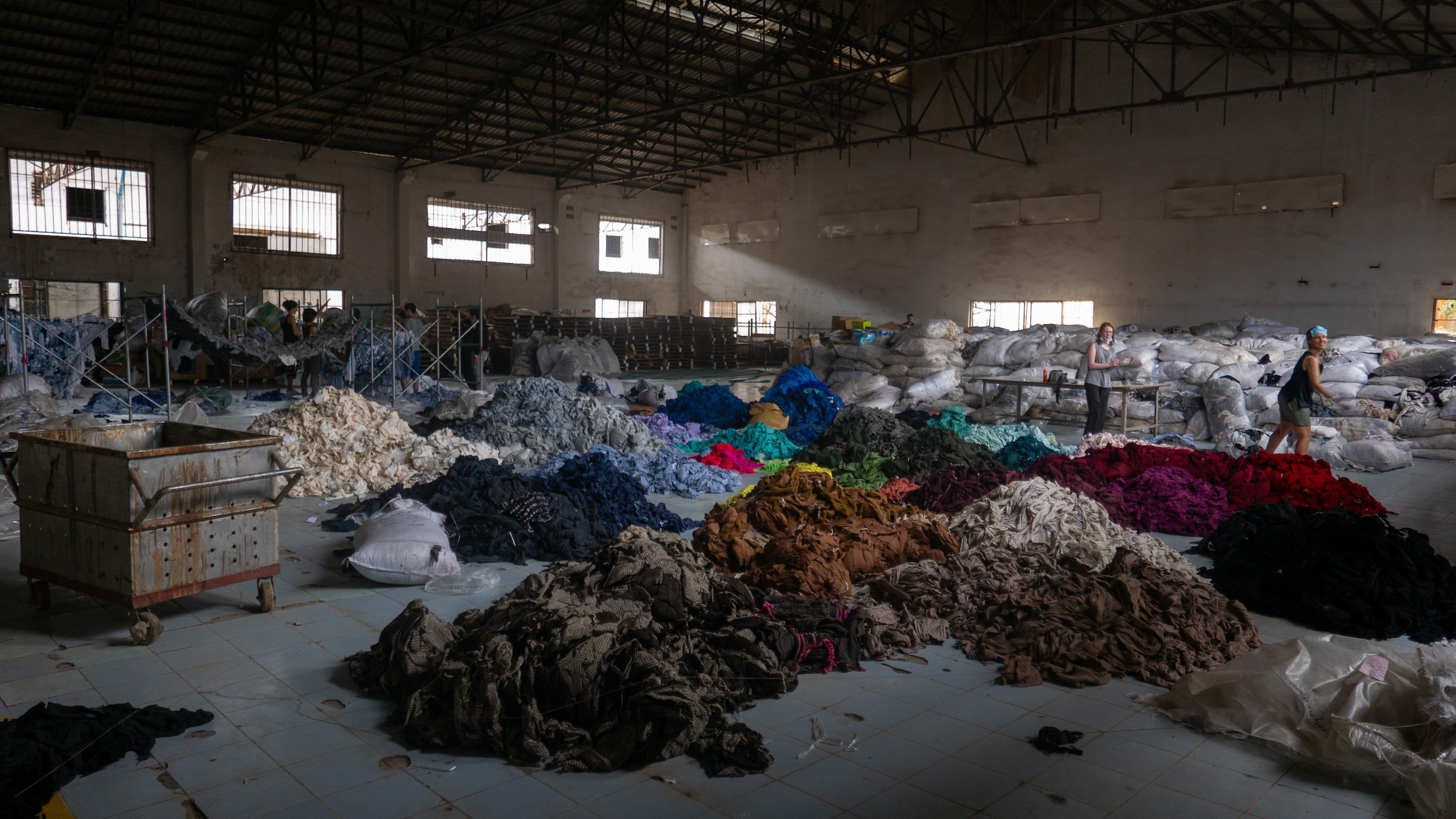
Environmental Impacts of the Fashion Industry
The world is now producing and buying more clothes than ever. In the last 15 years, the global clothing industry has approximately doubled in size. And because of the temporary nature of fashion, we are throwing away more clothes than ever. North America sends 9.5 million tonnes of clothing into landfill every year, of which 95% could be reused or recycled into new clothing. Less than 1% of it is.
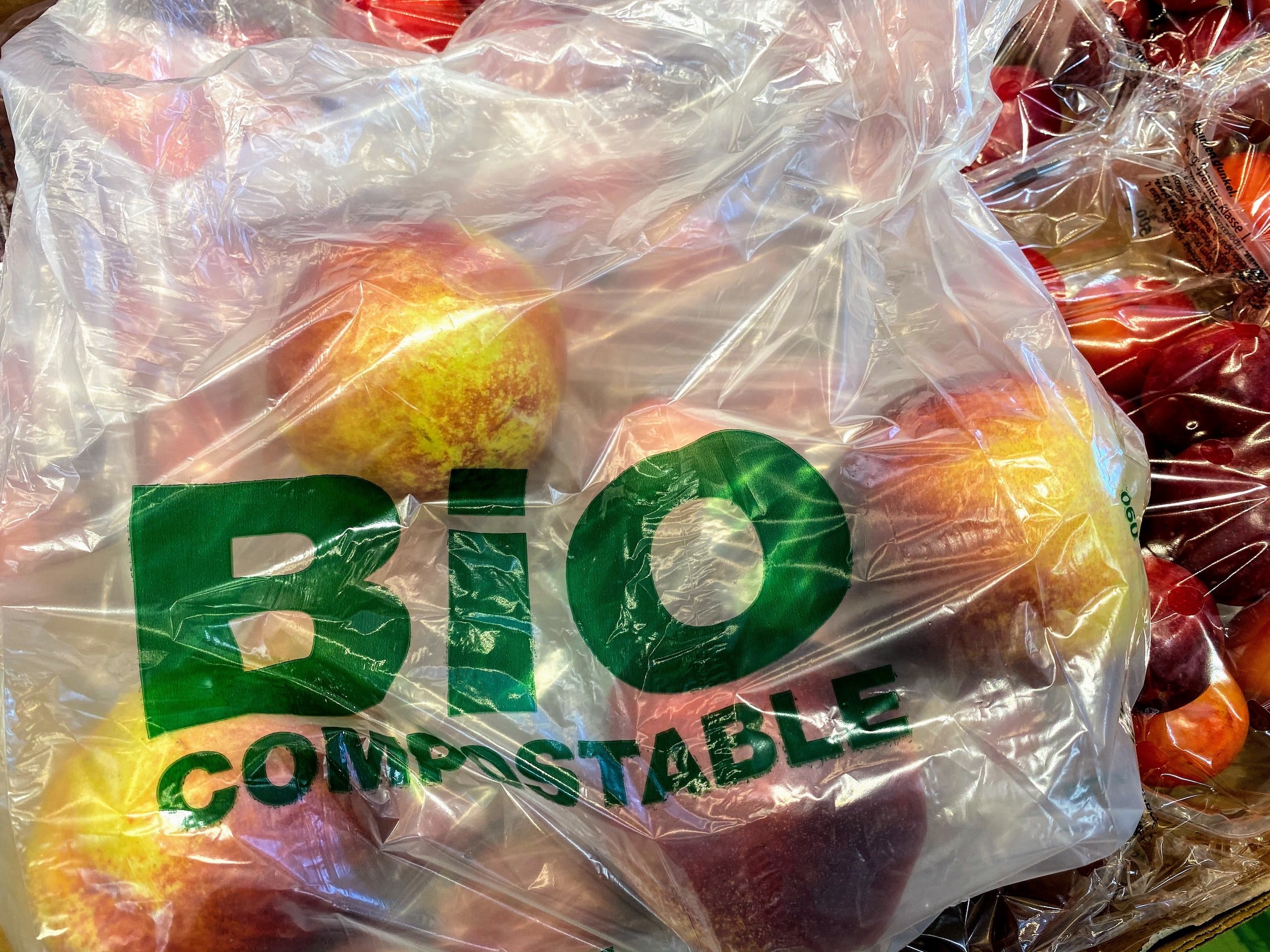
The Hidden Costs of Bioplastics
Decades ago, plastic production boomed worldwide because of its cheapness and durability. A material with endless potential to become any shape, size, and thickness, and best of all – it lasts forever. Now, scientists are desperately trying to engineer a replacement plastic that does the opposite: disappears.
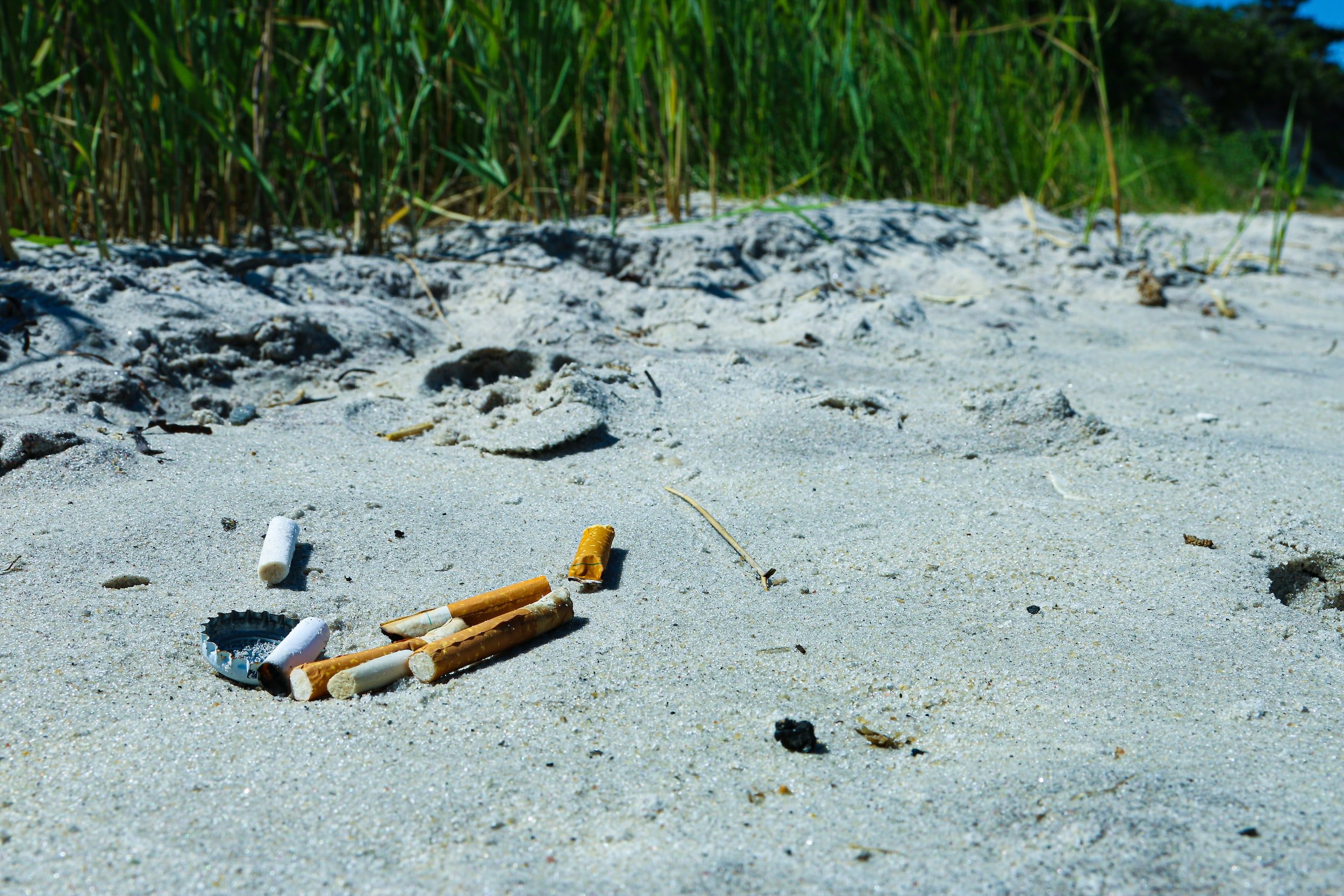
The Dirt on Cigarette Butt Litter
Last week I decided to walk down to the beach to eat my lunch. I found a nice log to sit on from which to admire birds harvesting the tidal zone, layers of majestic mountains, the smell of saltwater, and to think about how fortunate I am to have such opportunity. Then I looked down. At my feet, literally, were eight cigarette butts. With a sigh I decided to count how many cigarette butts I could see without leaving my log perch.
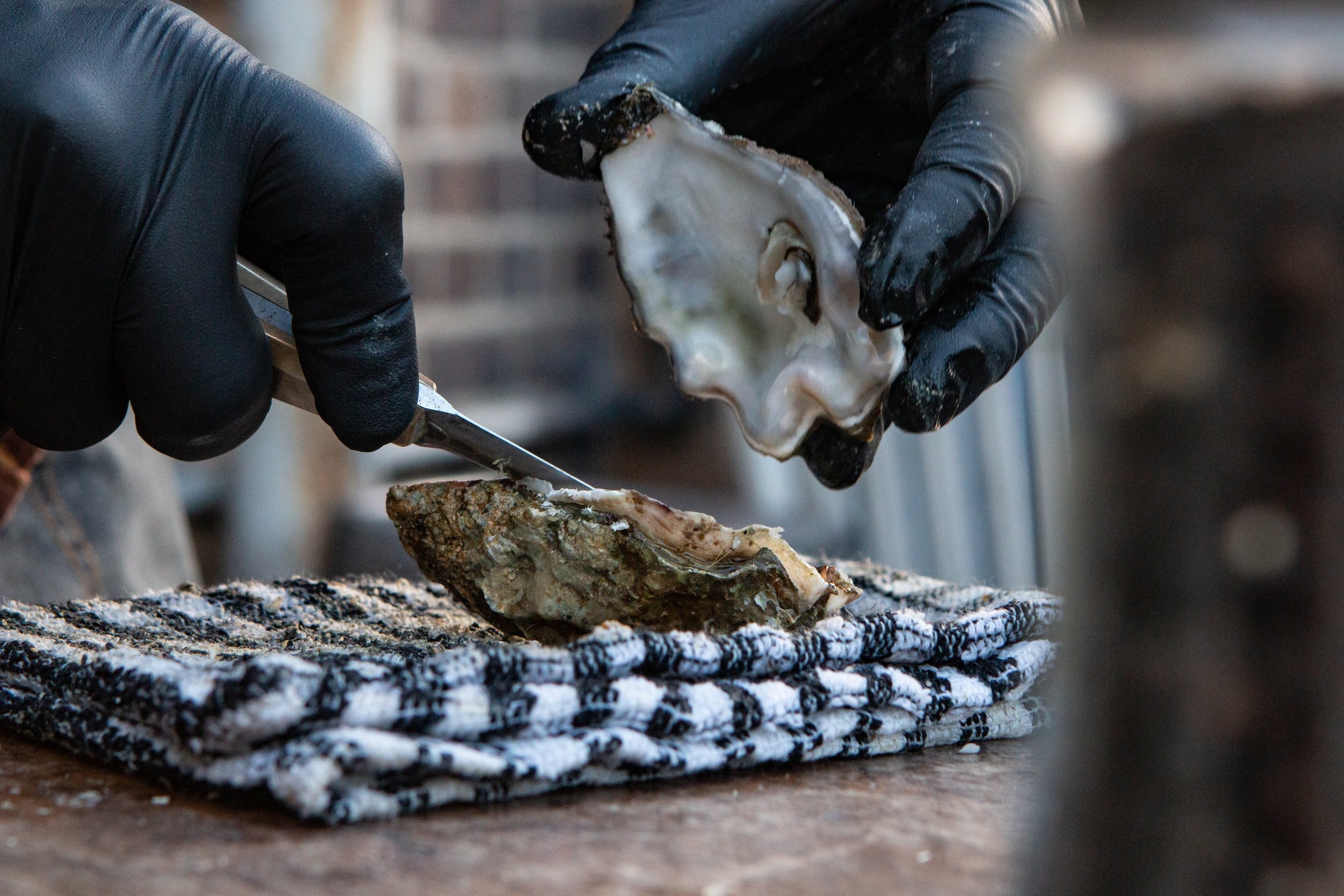
What Goes Into The Ocean, Goes Into You
Why should we be concerned? Beyond the immediate or short-term effects to the fish, such as discomfort, malnourishment or starvation, plastic in the ocean concentrates and carries persistent organic pollutants such as DDT, PCBs, mercury and other toxins. A study by Algalita Marine Research Foundation of the North Pacific Central Gyre in 2008 found that approximately 35% of the fish studied had ingested plastic, averaging 2.1 pieces per fish.
